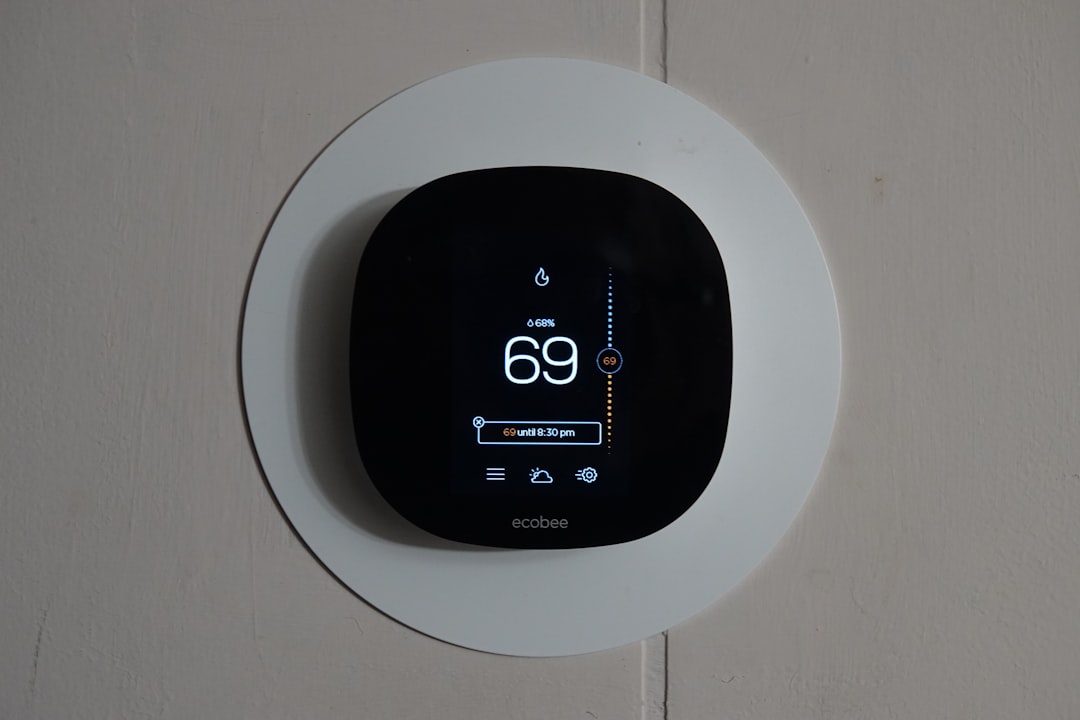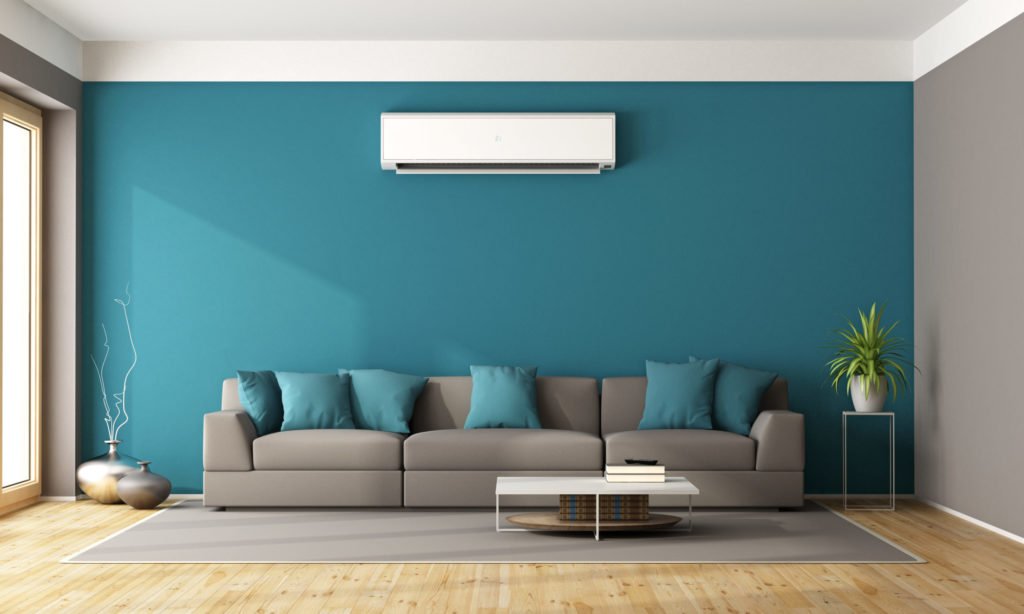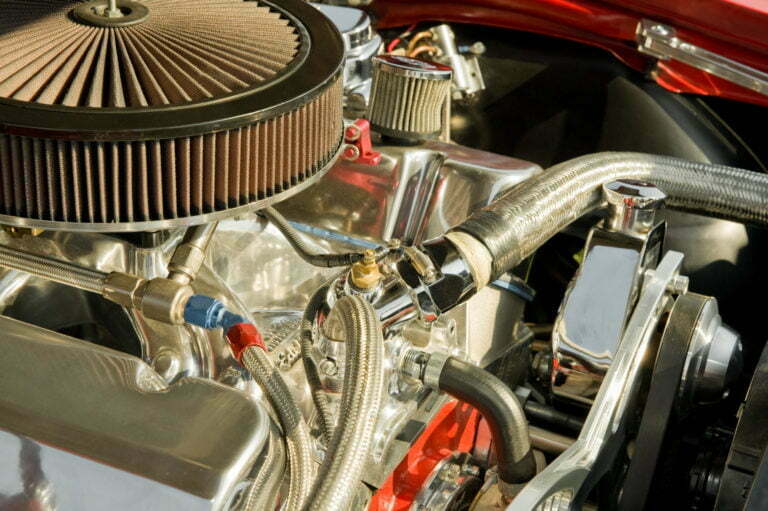For many of us, spending more time at home has made us realize that it’s a good time to invest in certain home improvements and upgrades. A high-quality HVAC system is one of the best things you could purchase for your home and it will have a meaningful effect on your comfort and quality of life. First time homeowners may not realize it, but there are a lot of reasons that you should consider a central air system, if you’re able to install one in your new home. If you want to know why, read on to learn all about the benefits of central heating and cooling systems.
What are the benefits of central heating and air?

Central heating and air conditioning provides homeowners with round-the-clock comfort and convenience. By adjusting the temperature in every room of your home with just the click of a button, you can ensure that you are always comfortable, no matter what the weather is like outside. Central air is also extremely effective at preventing your home from becoming too humid, which can be an issue in many parts of the country. When humidity is left unchecked, it can create conditions that allow for the growth of mold and mildew, which can cause a serious health and safety risk for everyone in your household.
Additionally, central air is the most efficient option available. By cooling your entire home at once, a central air conditioning system uses less energy than any other cooling option. Central air conditioning systems work more quickly than window units, and they keep your home at a more consistent temperature. This means that you can save energy by setting your thermostat a few degrees higher in the summer, and you won’t have to worry about your home being too cold or too hot.
Keep in mind that if you want your central heating and cooling system to remain efficient and effective, you’ll need to maintain it properly. Maintaining your HVAC system is one of the most important things you can do to keep your home comfortable and your energy costs down. Experts recommend that you have the filter changed at least once every three months, though some owners prefer to change theirs on a monthly basis. The unit itself should be inspected biannually. The average lifespan of an HVAC system is between ten and fifteen years, so if your system is over a decade old, you may want to think about replacing it.
What else can you do to manage the temperature at home?

If you want to make your HVAC system even more effective, you can upgrade to a smart thermostat. They can save you money on your energy bill and can automatically adjust the temperature in your home based on your preferences and schedule. Your smart thermostat can learn your habits over time and make adjustments accordingly. Since they optimize your energy use, you can be sure that you’re always using the least amount of energy required to maintain your preferred temperature inside your home. They’re also extremely convenient, as you can control your entire heating and cooling system from your smartphone or computer.
There’s also a lot you can do that doesn’t involve using your heating or cooling system at all. For example, if it gets particularly hot outside, you may want to avoid using your oven or your stove as frequently as you usually would. Making sure your home is properly insulated is essential too, especially if you live somewhere that tends to be particularly cold in the winter. Fans can be a great addition to your home as well, as they will help move the cooled or heated air around your home and improve overall airflow in the space.
There are few things more important than being able to effectively heat and cool your home. Homeowners have a few options when deciding how they want to do so, but central air conditioning systems are one of the best ways to guarantee that you’ll be comfortable whenever you’re in your house. Adding a smart thermostat will make your HVAC system even more effective, in addition to lowering your monthly energy costs. Just make sure your keep your HVAC well maintained if you want it to remain in good working order for years to come.





